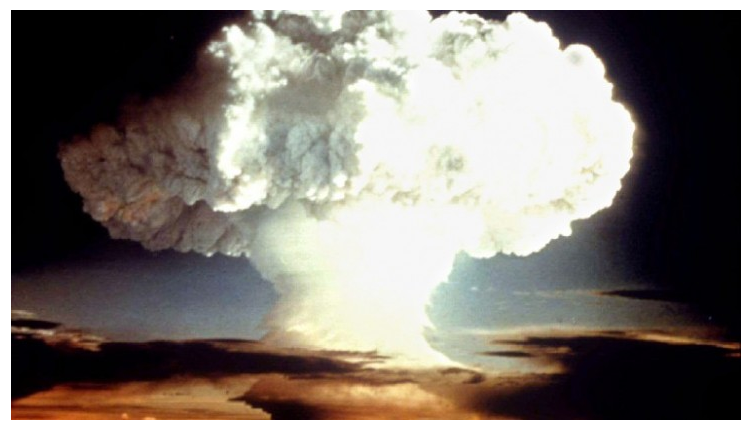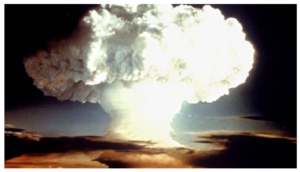
Published: 21.09.2017.

The President of the International Committee of the Red Cross (ICRC), Peter Maurer, on the morning of 20th September 2017 congratulated world leaders for taking a decisive step towards ending one of the greatest threats to humanity by signing the Treaty on the Prohibition of Nuclear Weapons.
“With rising regional and international tensions, and the consequent increasing risks of use of nuclear weapons, you’re giving the world the hope that it needs today; the hope for a future without nuclear weapons,” President Maurer said. “Humanity simply cannot live under the dark shadow of nuclear warfare, and the immense suffering which we all know would result.”
Over 120 countries adopted the Treaty on 7 July this year. The ICRC, and the International Red Cross and Red Crescent Movement, has long-called for the prohibition and elimination of nuclear weapons. Recognizing their catastrophic humanitarian consequences, the Treaty comprehensively prohibits nuclear weapons on the basis of international humanitarian law. It makes clear that any development, production testing, stockpiling, use or threat to use nuclear weapons is completely unacceptable. It also contains strong commitments to assist victims of nuclear weapon use and testing and to facilitate the remediation of contaminated environments.
In recalling the ICRC’s experience of providing assistance in the aftermath of the atomic bombs dropped on Hiroshima and Nagasaki in 1945, President Maurer underscored the increased risks posed by today’s nuclear arsenals.
“The use of more powerful nuclear weapons that exist today would have even more devastating impacts,” President Maurer said. “It is an alarming but true reality: if a nuclear conflict happened today, there is no humanitarian assistance capacity that could adequately respond to such a catastrophe.”
The Treaty on the Prohibition of Nuclear Weapons presents an opportunity to all States to redouble their efforts to achieve a world free of nuclear weapons. This treaty complements existing instruments and obligations, in particular the Non-Proliferation Treaty (NPT). The Treaty signed today “advances the non-proliferation and disarmament goals of the NPT,” President Maurer said.
The ICRC calls on all States to join the new Treaty as soon as possible. For States unable to join at this time, the ICRC appeals to them to urgently take measures to reduce the immediate risks of intentional or accidental use of nuclear weapons. These include reducing the role of nuclear weapons in military doctrine and plans and reducing the number of warheads on high alert status.

